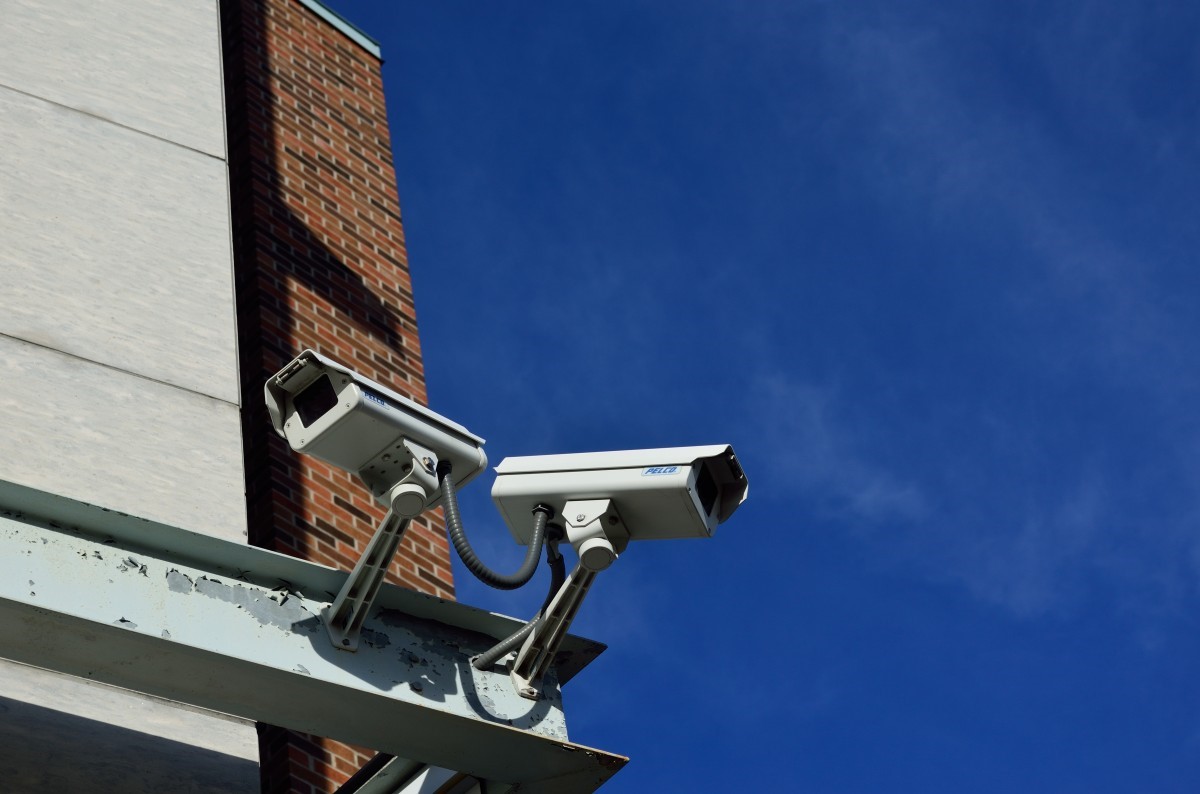What is it that makes life worth living? What is it that drives you to keep moving forward and fuels your happiness? For many, finding their reason or purpose in life continues to be an intimate journey of self-reflection and personal growth. However, this seemingly personal journey is also inherently linked and influenced by the culture and society we are raised in.
The method in how we are supposed to define our own self-worth and purpose in life is ingrained in us by our parents, schools, jobs, and friends, whether we realize it or not. These ideas dictate how we see our relationship with others, how we measure a sense of progress, where we look for help, and where we find meaning in life. This realization forces us to consider the possibility that finding our purpose or meaning has a higher complexity than just a simple personal choice that we make.
This cultural influence on how we determine our purpose becomes exceptionally evident when we look at Japan’s case. Originating in Okinawa, a term known as a person’s “ikigai” refers to “a person’s reason for living.” In a post-globalized Japan, international trade and relations are not the only areas that have been affected. Cultures and ideas of recent generations have slowly adapted to traditional Western countries’ ideas of individualistic approaches when searching for purpose, meaning, and self-worth.
Individualistic societies, traditionally typical of western countries, tend to emphasize their achievements regardless of the expense or effects on the larger group or society. Having this form of personal achievement mindset typically results in a strong sense of competition being produced amongst oneself vs. everyone else and the world. Collectivistic societies, however, are traditionally predominant throughout Asian countries and emphasize the group’s goals above their individual needs or desires. In turn, this interconnectedness of the collectivist approach means that your self-worth is heavily influenced by the importance of your role in the social groups you are a part of. These two polarizing approaches create the most common traditional differences and the opposing ends that Japan is shifting between. Nowhere is this more apparent than in the Japanese reevaluation of sources of individual purpose in life known as “ikigai.”
What Is The Actual Japanese Reality?
In traditional Okinawan teachings, “ikigai” was always referred to as “a person’s reason for living.” The term stands for what an individual’s purpose is in life and what aspects of life make that individual’s life worth living. According to traditional ideas, finding your ikigai is critical because only then can your life have satisfaction and meaning.
While that might sound easy enough to some or too daunting to others, the importance of this word lies in what people are specifically assigning to be their ikigai. Over time, the adaption of individualistic ideas to address perceived long-standing problems associated with collectivist societies has altered where people find their ikigai. The traditionally aligned self-worth and purpose in subverting personal desires for the group’s betterment have now begun to be rejected and replaced with finding ikigai in one’s personal development. Anthropologist Chikako Ozawa-de Silva speaks on how the idea of self-sacrifice is no longer being romanticized and that younger generations are straying from the “standard mold of company and family” and now choosing to focus on “dreams and possibilities for the future.”
With this shift in mindset, structures of Japanese employment and social hierarchy systems are not exempt from being affected. Long-standing practices that have become synonymous with Japan and collectivist Asian societies are starting to dismantle their traditional employment systems. Traditionally prioritizing how long employees have been with the company, salaries under the older system were based on seniority level and promoted lifetime employment at the company. Instead, these systems are now slowly being replaced with salaries based on an employee’s individual performance, regardless of age or seniority. By changing these systems, companies encourage the “you vs. the world” mindset. Instead of your purpose and self-worth growing the longer you commit to a group and organization, your worth is now decided by your individual skill and sticking out amongst the rest.
Schools are another structure affected by this change in mindset. Japanese school life has been known to be very strict and stressful, with a harsh focus on conformity. Each student has their personal appearance controlled by strict guidelines enforced by the school, and after-school activities are monitored by their teachers, schools, and even fellow classmates. Shiko Ishii, editor-in-chief of the Futoko Shimbun newspaper, stated that many children and teenagers have stopped attending school altogether because of the stress it creates, increasing dropout rates and negatively impacting society. “The nail that sticks out gets hammered down” is a widely heard idiom of Japanese school methods.
However, along with this shift in where people assign purpose in life, so have schools initiated a change. There is an increase in dialog around having schools introduce education systems that promote children’s independence and uniqueness from a young age. This seemingly small shift in education styles and directions will cause drastic future changes. If properly implemented and allowed to grow, younger generations will think and perceive their own self-worth, purpose, and ikigai entirely differently. The already apparent change in sources for individual ikigai would move even farther in the direction of hobbies and passions instead of work and group-oriented sources.
Looking Forward
While some might see these changes as hardly radical, it is critical to notice fundamental shifts in thinking. The change in location of Japanese people’s ikigai coming from more individualistic ideas alters how people view their own autonomy and ability to decide their location of happiness. This is an example of the unprecedented presence of independence amongst a traditionally group-orientated area of culture in the country. However, the “grass always being greener on the other side” mindset is critical to consider here.
Individualist countries in the west still struggle with similar mental health issues and challenges regarding identifying one’s purpose that the change in the source of one’s ikigai is hoping to address. With growing suicide rates associated with a loss of social support and community integration, an individualistic society can foster isolation and alienation in people. A healthy mixture of both collectivist and individualistic ideas is obviously the most promising approach. However, no one knows the ideal mix or how to reach this proper balance, especially since the world loves to exist at different extremes.
Being a part of an individualistic or collectivistic society can dictate how we see our relationship with the group, how we choose to make decisions, our perception of having an individual choice, how we measure progress, what drives our competitiveness, how we express our identity, and where we find our purpose in life. This realization of society’s effects on so many aspects of our mental health can create the feeling that our self-worth or purpose is out of our control.
However, the fact that these societies are continuing to evolve and change proves that the accurate measurement of self-worth and purpose is not dictated by society to us but instead pushed by everyone out into society. It’s about time that each of us recognizes our own ikigai.






